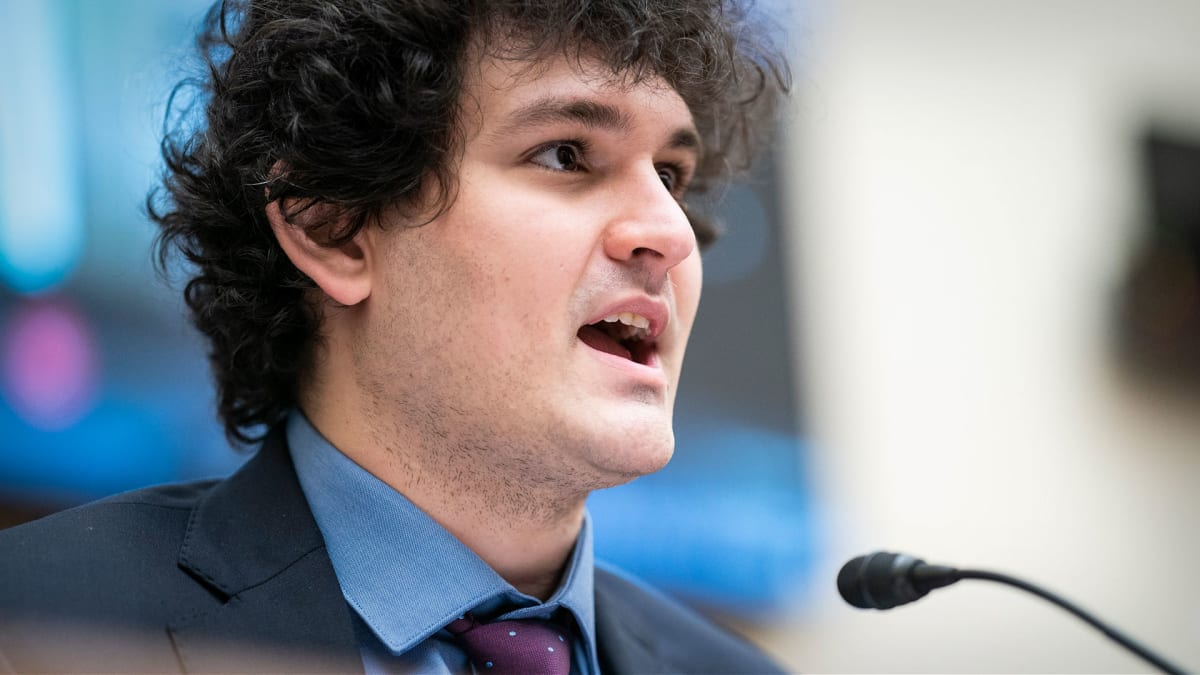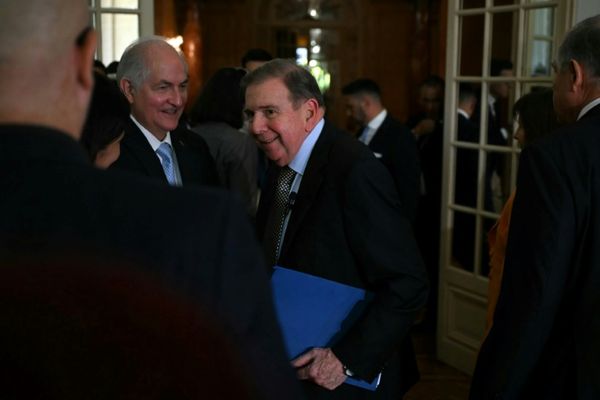
Sam Bankman-Fried wants to pass for a tragic hero.
A few days ago, the founder of the bankrupt cryptocurrency exchange FTX launched a media blitzkrieg, meant to give his version that his empire's downfall boils down to bad luck.
The former trader has given successive interviews to several news outlets, including the New York Times/Deal Book, ABC, the Financial Times among others. Each time, he said he didn't know things were so terrible and that he didn't run Alameda Research, the hedge fund and trading platform he had founded, even though court documents show that there were close ties between FTX and Alameda.
"I made a lot of mistakes," he said during his interview with the New York Times/DealBook. "There are things I would give anything to be able to do over again. I didn't ever try to commit fraud on anyone."
Bankman-Fried's media offensive is all the more surprising, as regulator investigations are ongoing. It is unclear right now whether they will result in charges or not. That's why Ira Sorkin, the lawyer for legendary con artist Bernie Madoff, just gave Bankman-Fried some advice.
'You're Not Going to Sway the Public'
"That's the first order of business: don't talk," Ira Sorkin said to Bloomberg News in an interview about Bankman-Fried. "You're not going to sway the public. The only people that are going to listen to what you have to say are regulators and prosecutors."
"Sometimes clients believe they are smarter than their lawyers. This guy is 30 years old, and he is not smarter than his lawyers," Sorkin added. "They should be telling him every five minutes to shut up, but sometimes clients don't listen."
Bankman-Fried has been dubbed the Bernie Madoff of cryptocurrency on social media. He is being compared to the legendary con artist, whose Ponzi scheme, after the 2008 financial crisis, will go down as one of history's biggest financial fiascos.
Bernie Madoff, perpetrator of the biggest financial scam in history, died on April 14, 2021, at the age of 82 in the federal penitentiary of Butner (North Carolina) where he was serving a 150-year prison sentence, after pleading guilty in 2009.
His name will forever be associated with the largest "Ponzi pyramid" ever orchestrated in history. This fraud consisted of remunerating old investors by siphoning off deposits from new clients, and plundering the rest of the capital. A scam carried out for several decades, for colossal amounts. The amounts claimed by the investors, who took legal action after the scandal broke, reached more than $17 billion dollars. If one also includes the fictional profits reported by Bernard Madoff to his clients, the losses would amount to $65 billion.
What Happened?
As a crypto exchange, FTX executed orders for clients, taking their cash and buying cryptocurrencies on their behalf. FTX acted as a custodian, holding the clients’ crypto.
FTX then used its clients’ crypto assets, through its sister company’s Alameda Research trading arm, to generate cash through borrowing or market-making. The cash FTX borrowed was used to bail out other crypto institutions in summer 2022.
At the same time, FTX was using the cryptocurrency it was issuing, FTT, as collateral on its balance sheet. This was a significant exposure, due to the concentration risk and the volatility of FTT.
The insolvency of FTX stemmed from a liquidity shortfall when clients attempted to withdraw funds from the platform. The shortfall appears to have been the result of Bankman-Fried allegedly transferring $10 billion of customer funds from FTX to Alameda Research.
John Ray, FTX's new CEO in charge of the restructuring, said there was a software that allegedly allowed the company to hide these transfers from third parties.
"Never in my career have I seen such a complete failure of corporate controls and such a complete absence of trustworthy financial information as occurred here," Ray wrote in a 30-page document filed with the U.S. Bankruptcy Court in the District of Delaware.
"From compromised systems integrity and faulty regulatory oversight abroad, to the concentration of control in the hands of a very small group of inexperienced, unsophisticated and potentially compromised individuals, this situation is unprecedented."







